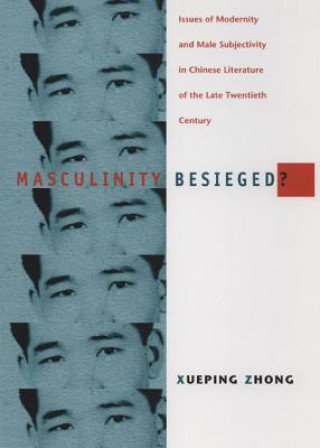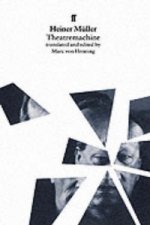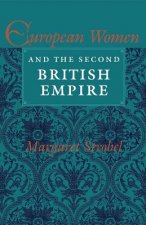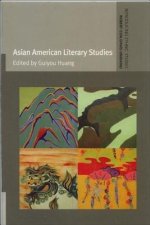
Doručení
Nákupní rádce





Nehodí se? Vůbec nevadí! U nás můžete do 30 dní vrátit
 Dárkový poukaz
V libovolné hodnotě
Dárkový poukaz
V libovolné hodnotě
S dárkovým poukazem nešlápnete vedle. Obdarovaný si za dárkový poukaz může vybrat cokoliv z naší nabídky.
Masculinity Besieged?
 Angličtina
Angličtina
 82 b
82 b
30 dní na vrácení zboží
Mohlo by vás také zajímat


In "Masculinity Besieged", Xueping Zhong looks at Chinese literature and films produced during the 1980s to examine male subjectivities in contemporary China. Reading through a feminist psychoanalytic lens, Zhong argues that understanding the nature of male subjectivities as portrayed in literature and film is crucial to understanding China's ongoing quest for modernity. Before the 1990s onslaught of popular culture decentred the role of intellectuals within the nation, they had come to embody Chinese masculinity during the previous decade.The focus on masculinity in literature had become unprecedented in scale and the desire for real men began to permeate Chinese popular culture, making icons out of Rambo and Takakura Ken. Stories by Zhang Xianliang and Liu Heng portraying male anxiety about masculine sexuality are employed by Zhong to show how 'marginal' males negotiate their sexual identities in relation to both women and the state. Looking at writers popular among not only the well-educated but also the working and middle classes, she discusses works by Han Shaogong, Yu Hua, and Wang Shuo and examines instances of self-loathing male voices, particularly as they are articulated in Mo Yan's well-known work Red Sorghum.In her last chapter Zhong examines 'roots literature', which speaks of the desire to create strong men as a part of the effort to create a geopolitically strong Chinese nation. In an afterword, Zhong situates her study in the context of the 1990s. This book will be welcomed by scholars of Chinese cultural studies, as well as in literary and gender studies.
Informace o knize
 Angličtina
Angličtina
Kategorie




 Jak nakupovat
Jak nakupovat

























